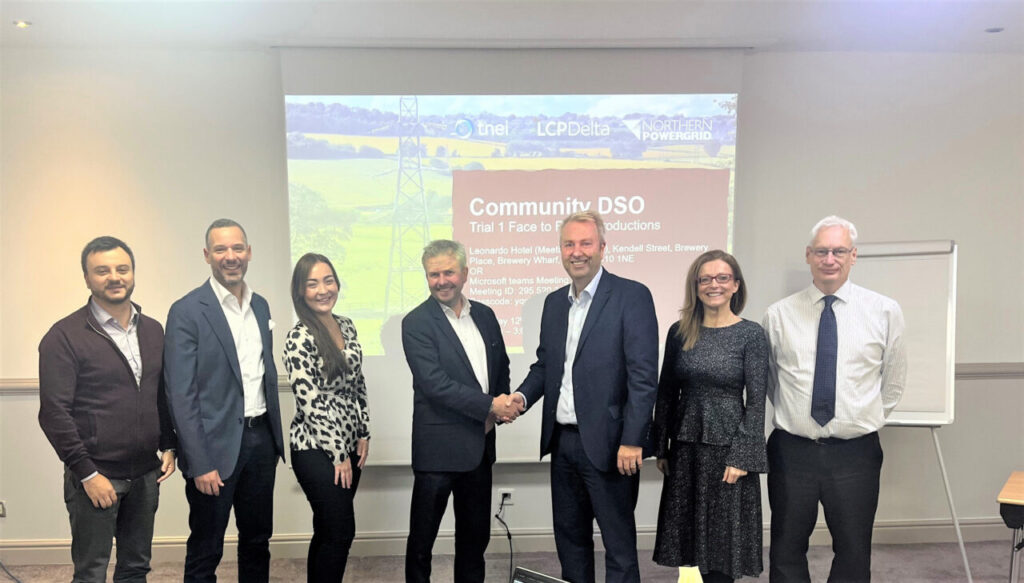SMPnet has announced that its autonomous power grid software will be used in a major development for Northern Powergrid’s Community DSO project.
The Community DSO project seeks to explore the potential to enhance grid flexibility from individual consumers using the lowest voltage distribution networks. More broadly, this project aims to strengthen local community energy independence and help incentivise decarbonisation at a local level.
The first contract under this project has been awarded to the Condor Consortium, a collaboration between several key partners including SMPnet, NODES, Cleanwatts, ev.energy, and several others.
SMPnet’s Omega software will be deployed as part of the Condor Consortium’s project to connect various parts of the systems to manage flexibility allocation, network operations, and timing decisions for flexibility requirements on the consumer end, based on the needs of the upstream network.
Paul Glendinning, director of energy systems at Northern Powergrid said: “This project aims to simplify and encourage decarbonisation in local communities; minimising the barriers and maximising the incentives. It is a bold, yet achievable, innovation project and one that will see modifications to DNO’s roles; becoming a responsive facilitator of customers’ needs”.
SMPnet CEO and co-founder Anastasios Rousis commented: “For the first time, a fully autonomous, real-time power grid management software, like our Omega suite, is being deployed to coordinate flexibility across the network. This project represents a world-first, closing the loop between grid management, market-based flexibility, and local assets actively contributing to system stability”
Software is a key component in flexibility
The increased complexity of our energy system and the increased demand for flexibility services is making software design a key focus of the energy industry. SSEN Distribution recently adopted the ElectronConnect Flexibility Market Platform to manage its flexibility services, while the venture capital arm of EDP Renewables announced in August that it had made a major investment into UK-based software solutions provider Piclo. Piclo states that it will use this funding to expand its operations in the US and Australia.
Other areas of the energy system are using software and tech solutions to innovate and cut costs, too; Kinewell Energy recently announced that it had signed multi-year deals with two global energy majors for its AI-powered cabling design software, which it claims can reduce the cost of an offshore wind project by as much as 20%.






